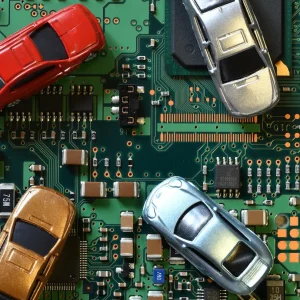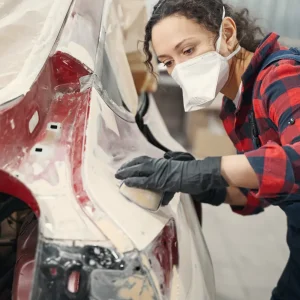This may be the third comment piece we’ve penned on the VW emissions scandal, but the fact is just as many questions still remain unanswered as answered.
Car recalls are nothing new but rarely do they create quite so much attention as this one. And it’s only now that VW is starting to clarify how it will address the conditions that saw it produce models designed to cheat certain emissions tests to ensure they don’t recur.
No manufacturer wants to be forced to issue recalls, but what sets companies apart is how they deal with customers afterwards.
A UK car magazine discovered braking issues with Suzuki’s Celerio on 30 January this year, and by 2 February the brand had issued a statement following an immediate investigation,clarifying exactly what the issue was, which models were affected and that customers would be contacted and supplied with a courtesy car while recall work was being done.
Yes, Suzuki had a much smaller problem to solve, but the point is that it leapt into action and the net impact was very few disgruntled customers, while most owners have probably already forgotten about it.
While establishing exactly how ‘defeat devices’ came to exist in numerous VW Group models is undoubtedly a big job, the company has seemed loathe to set the record straight about the facts or how it planned to make things right.
What makes this all the more surprising is that VW is the world’s largest car manufacturer.
It may have taken it weeks to explain to customers exactly what’s happening, but hopefully now the wheels are turning, the firm can remove suspect software from affected models over the coming year and make sure future models don’t employ the same tactics.
Only then does it have any chance of moving forward and making the whole charade a distant memory – like the Celerio issue – and avoid the threat of tumbling residuals or difficulties for owners selling their cars, which could have a huge impact on both fleet and retail markets.





